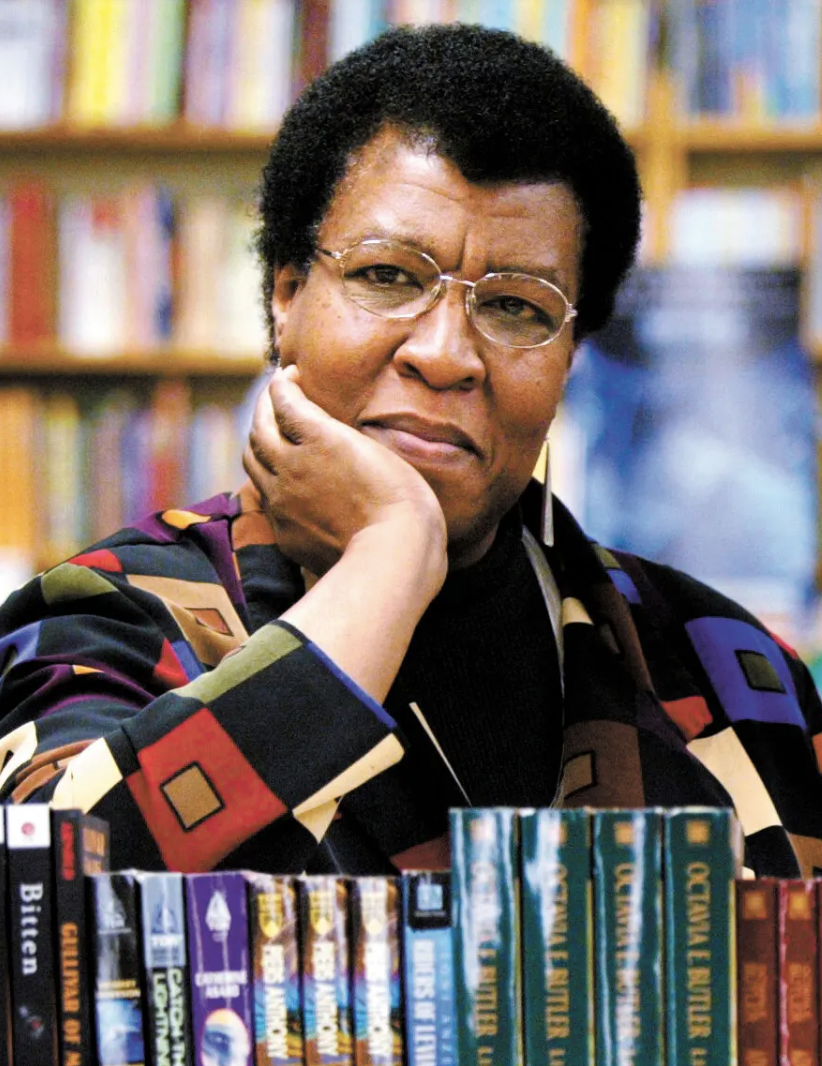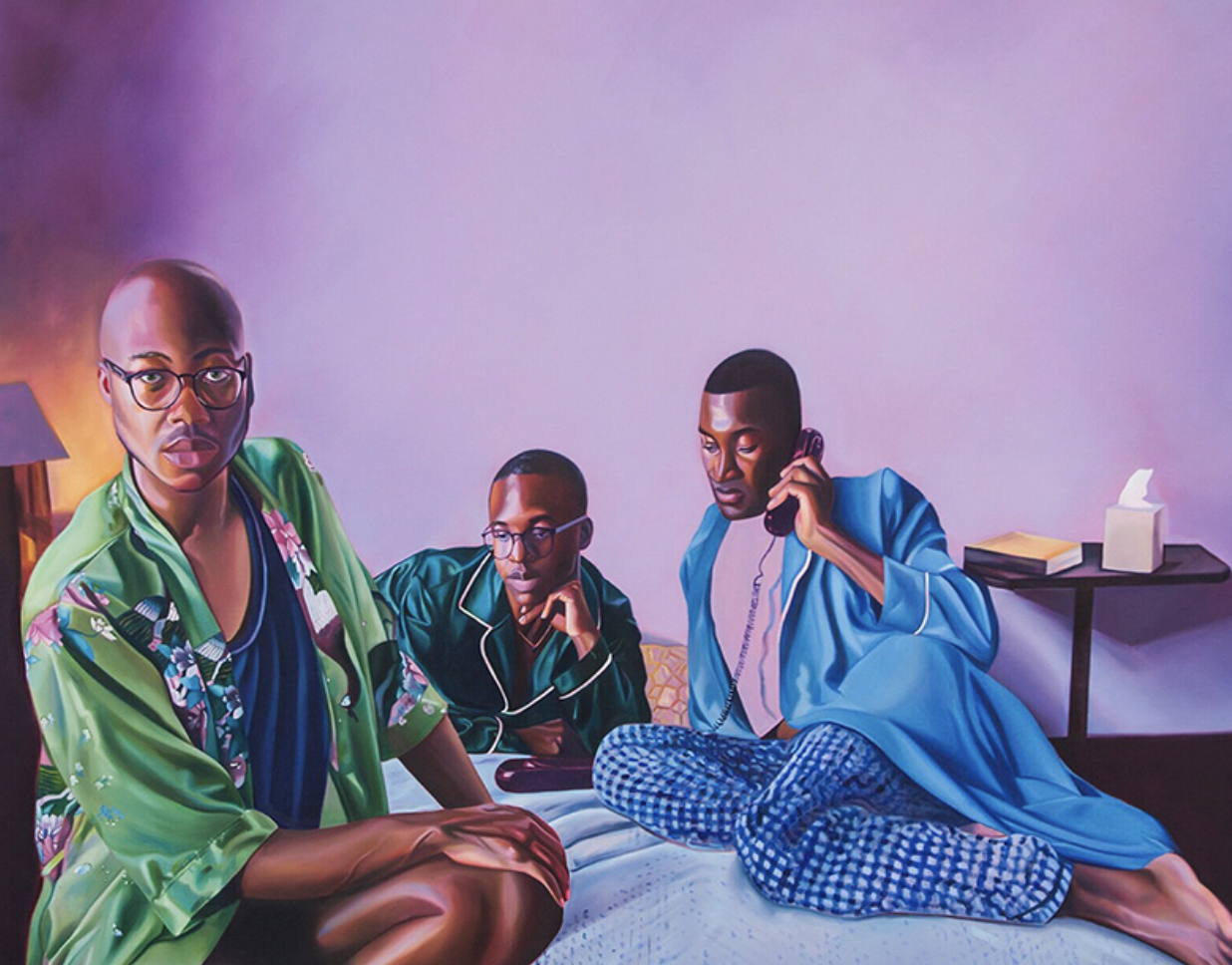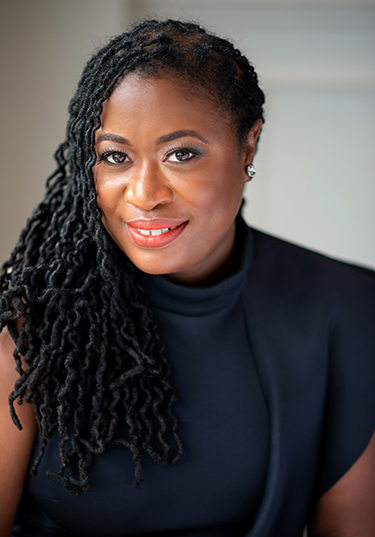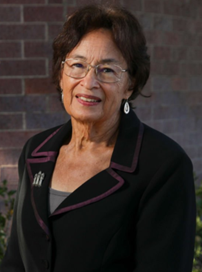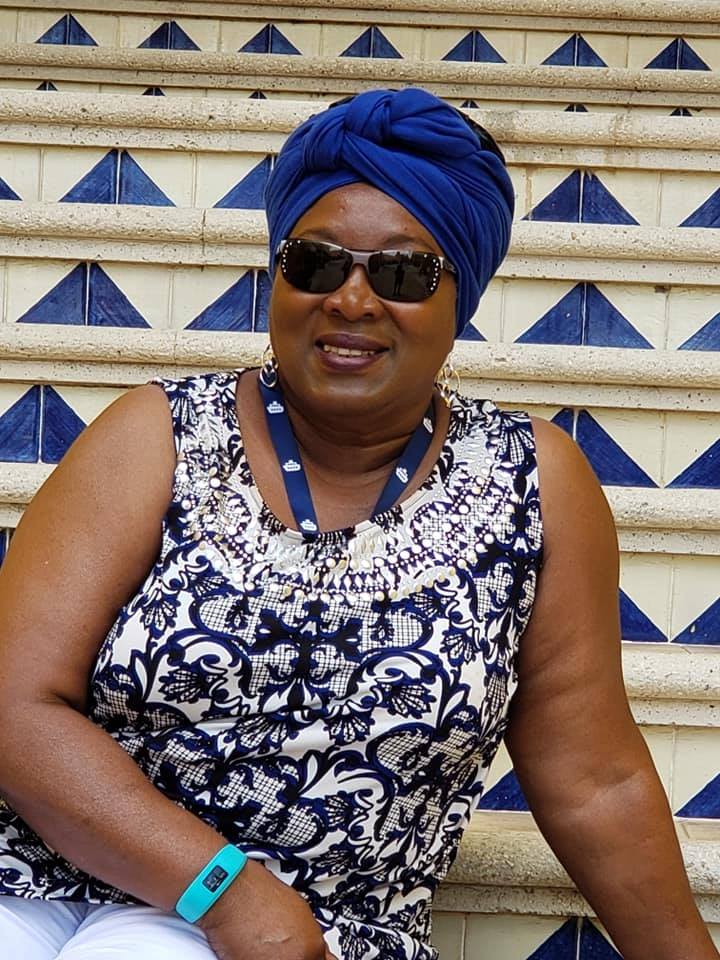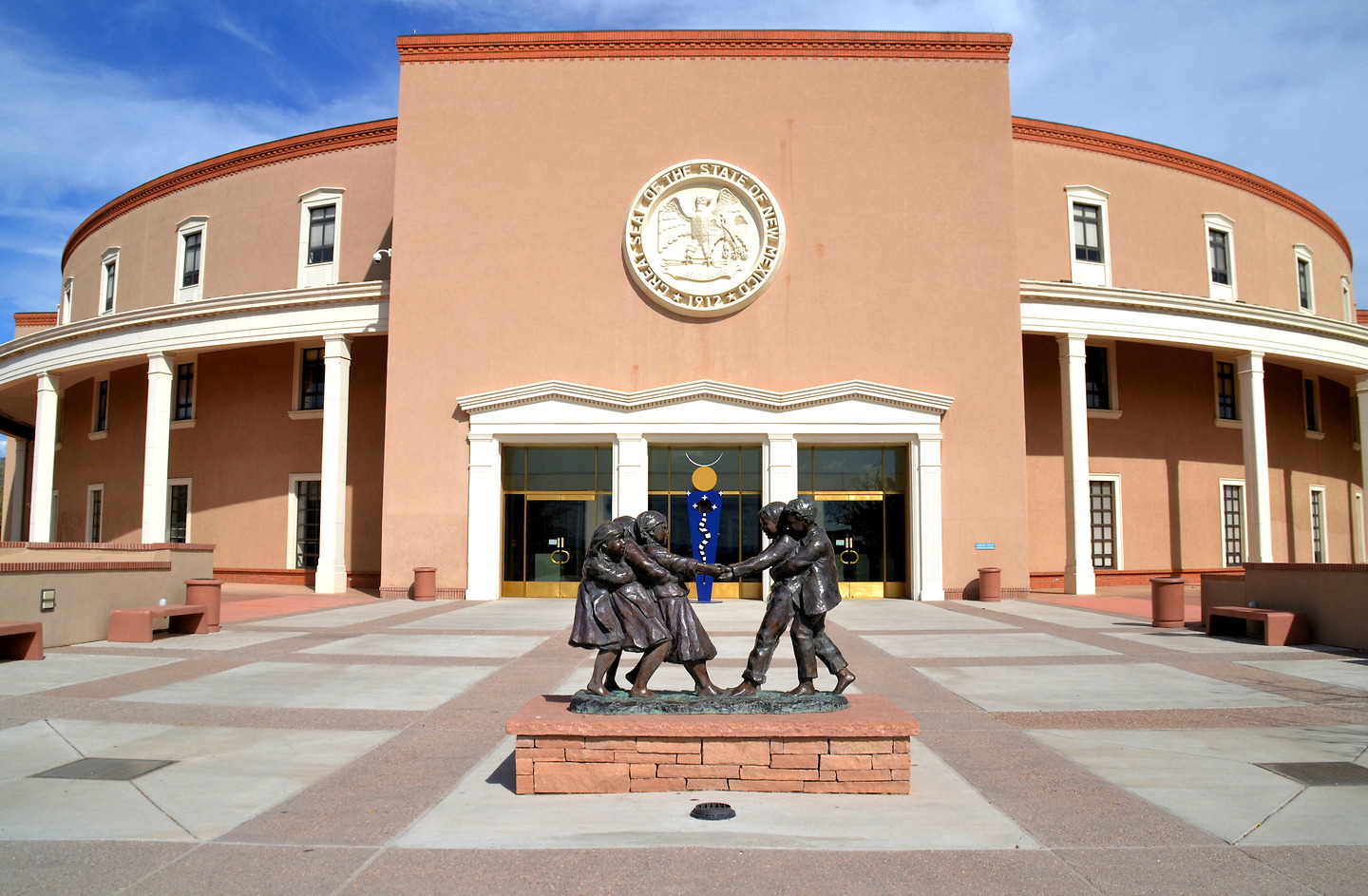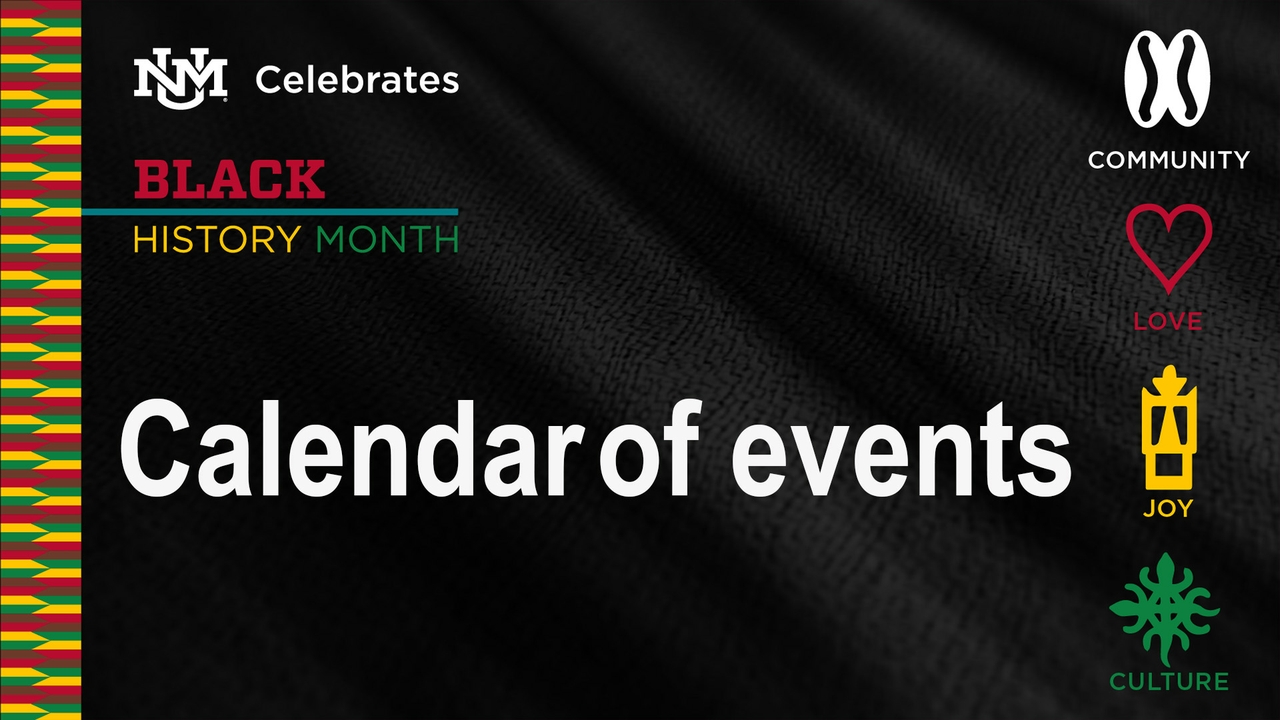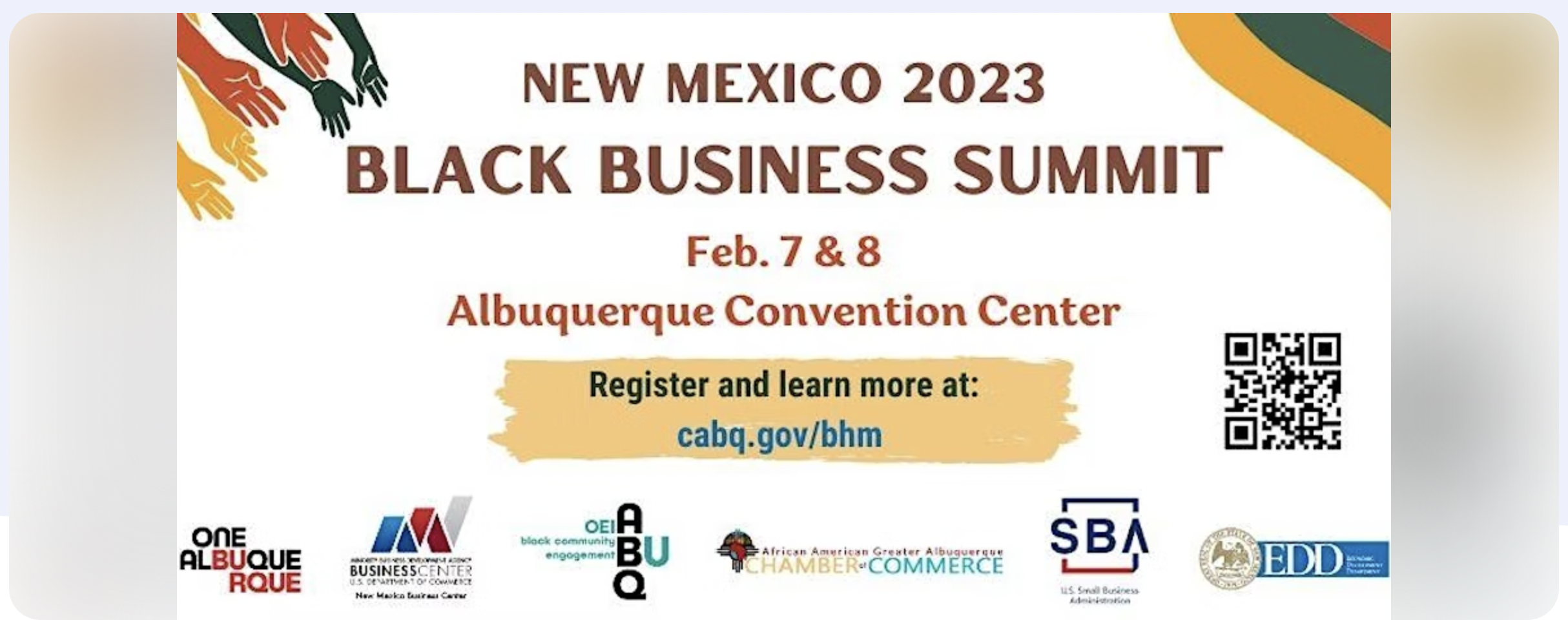Dr. Andrea Mays, Senior Lecturer at the University of New Mexico will talk about the author Octavia Butler’s legacy, how Butler was ahead of her time when writing her novels in the 1970s, and how her work is relevant today.
LOCATION: Central New Mexico Community College, ROOM: SRC 204
